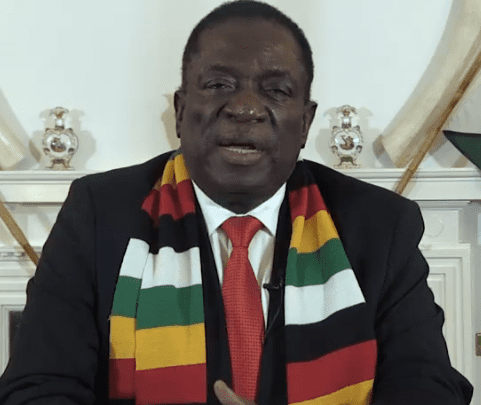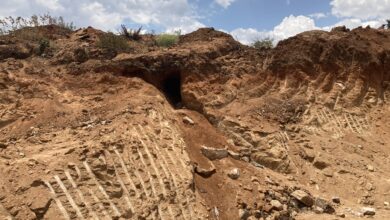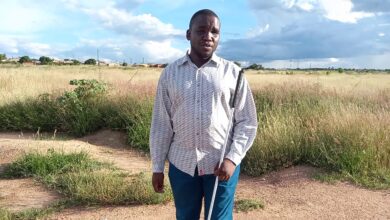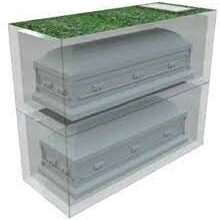
Zimbabwe’s national lockdown order has been further extended by 14 days motivated by the gradual increase of COVID-19 infection in the country, President Emmerson Mnangagwa has said.
He said, however, the lockdown order would be relaxed to Level 2 that will see all people wear masks when outside their homes and the reopening of industry and commerce.
Zimbabwe now has 40 cases, including five recoveries and four deaths.
The country’s lockdown was implemented March 30 when Zimbabwe just had three cases and one death.
In a televised state of the nation address, President Mnangagwa said his administration had the challenge to save both the people’s lives and the national economy on the other hand.
“We had gradually lifted the lockdown restrictions in some sectors such as mining and marketing of tobaccos but now noticing there is gradual increase of infections, the lockdown will continue for the next 14 days, however, relaxed to Level 2,” he said.
Mnangagwa announced that his government would unveil an economic rescue and stimulus package of ZWL$18 billion, which was nine percent of the country’s Gross Domestic Product or 28.6 percent of the 2020 national budget to avert disruptions caused in the national economy.
Mnangagwa said Level 2 entailed the following adjustments
“All people must wear masks of any type including home-made ones, outside their homes. The re-opening of industry and commerce, provided companies must ensure rapid diagnostic testing, social distance in workplace and sanitisation. All workers must wear masks in the workplace. Operating hours are to be from 8am to 3pm,” he noted.
For the avoidance of doubt, the president said the informal sector would remain closed except for agriculture and its food supply chain markets
“All those who are vulnerable must approach the Department of Social Welfare to register for assistance,” he said.
Public buses would be the only mode of transport while kombis and small taxes are still not permitted to operate.
“Bus operators must ensure their buses are disinfected twice daily. Commuters must wear masks, have temperature checked, hands sanitised before boarding the bus while social distancing is maintained in the bus,” Mnangagwa said.
The president noted industry, commerce and bus operators could only reopen upon fulfilling these requirements.
“Health inspection teams will immediately and randomly check for compliance. Those who fail will be stopped from operating,” he warned.
He said mandatory and quarantine protocols in line with the region and international community would continue.
“Returning resident and international travellers will be put on a mandatory 21-day quarantine with full testing on Day 1, Day 8 and Day 21.”
Churches, gyms, bottlestores, bars, recreational facilities and leisure outlets would remain closed, Mnangagwa said while gatherings of less than 50 people are to be maintained.
“This partial relaxing to Level 2 is designed to restart certain sectors of the economy while recognising credence in maintaining the lockdown. Overally, we remain cautious as long as the curve has not converged with country’s health delivery systems,” he said.
“To this end,a we have identified new laboratories to increase and decentralise testing, we envisage that as we increase numbers of people tested, this will inform transmission patterns and our response strategy,” he said.
The president said Zimbabwe’s strategy and response to COVID- 19 has taken into account realities of the country such as “illegal sanctions, its associated vulnerabilities and sensitivities. A large informal economy, which will impact on the nature, scope of our anticipated impact of interventions.
He said the response strategy was also aware the country’s economy was “highly import dependent a situation that has exposed us to the shocks, disruption in external supply chain as resource countries had own imposed lockdowns while international freight system crippled.”
The president noted that the return of the Diasporans from red zone countries threatened to bring a large number of imported cases, which was why the continued partial lockdown was critical to contain the spread of virus.






